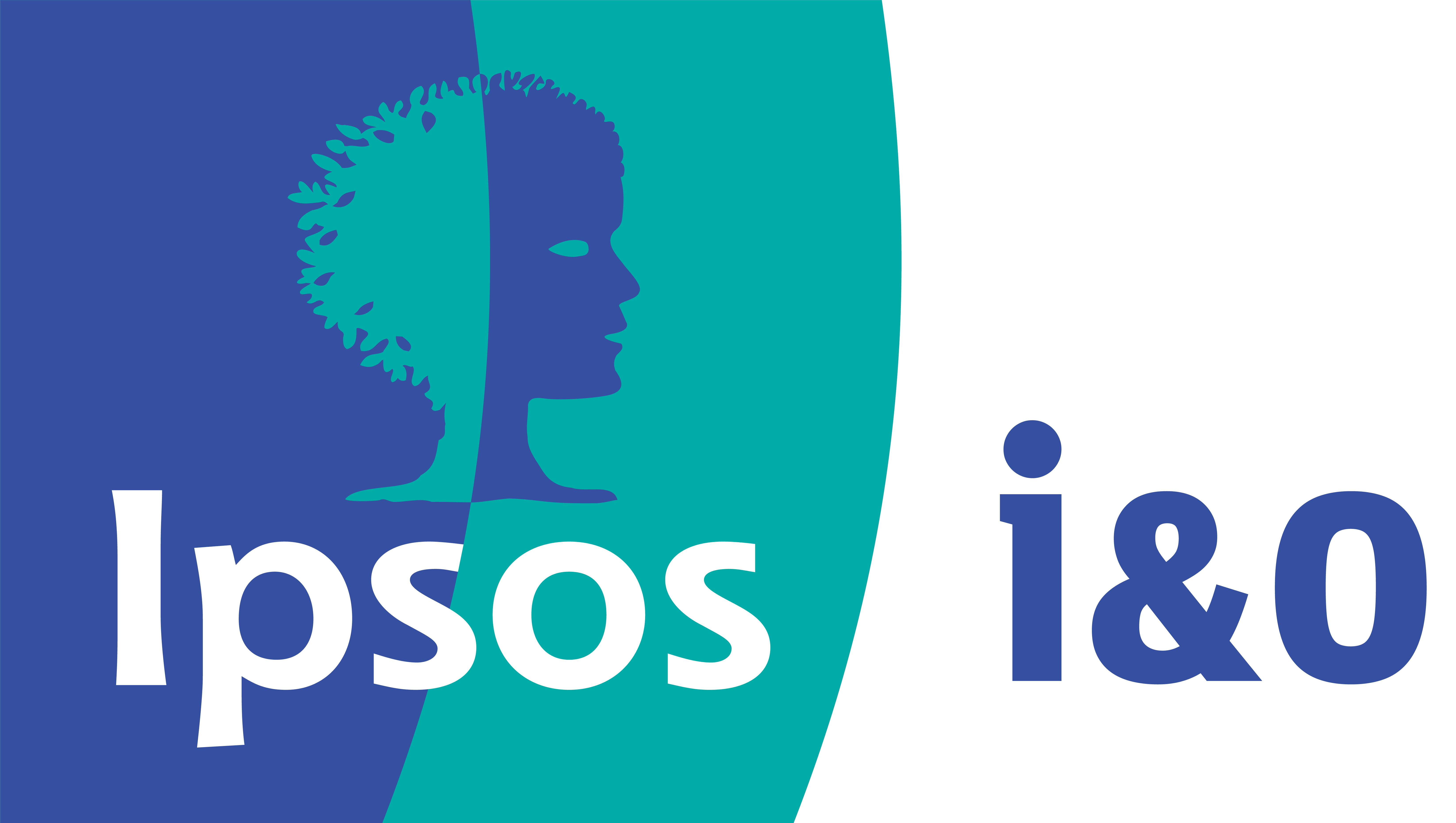Search
Consumer_Obesity_Findings_MAR_24.pdf
-
Ipsos launches GLP-1 PersonaBot, designed to support companies’ understanding of the consumer obesity treatment market
Ipsos’ latest AI-powered innovation offers unparalleled insights into the fast-moving consumer obesity treatment market – while reinforcing Ipsos’ position at the forefront of AI applications in market research.
-
Healthcare vs Evolution: Can GLP-1s Rewrite Our Evolutionary Story?
Our evolutionary tale began 6 million years ago, when humans were programmed to hoard calories in a world of scarcity. Today, that ancient wiring has become our greatest health risk.
-
Ipsos Update – December 2024
Security, Inflation, Perils of Perception … Ipsos Update explores the latest and research & thinking on key topics from Ipsos teams around the world.
-
GLP–1s: A Healthcare Revolution?
One of this century’s biggest game-changers will likely be a novel drug class that’s showing unprecedented success, or the promise of it, in treating some of the world’s most prevalent conditions.
-
Ipsos Health Service Report 2024: Mental Health seen as the biggest Health issue
Across 31 countries 44% rate the quality of the healthcare they receive as good, but access to treatment and not enough staff are seen as major systemic challenges
-
Monitoring the obesity treatment revolution, in healthcare and beyond
Ipsos has launched three new syndicated studies to monitor and anticipate changes in the rapidly evolving landscape of obesity treatment.
-
Mental health is now the number one health problem, ahead of cancer and coronavirus
48% across 31 countries say the quality of the healthcare in their country is good – but the picture is inconsistent.
-
The Future of Fats, Sugar and the Obesity Crisis
This fascinating report looks at expert opinion among regulators, academics, clinicians and food producers, as well as public opinion to chart what may happen next in terms of sugar and fat in our diets, and what it might mean for the obesity crisis. This global study of more than 20,000 people across 30 countries incorporates the expert analysis of 70 healthcare and nutrition experts.
